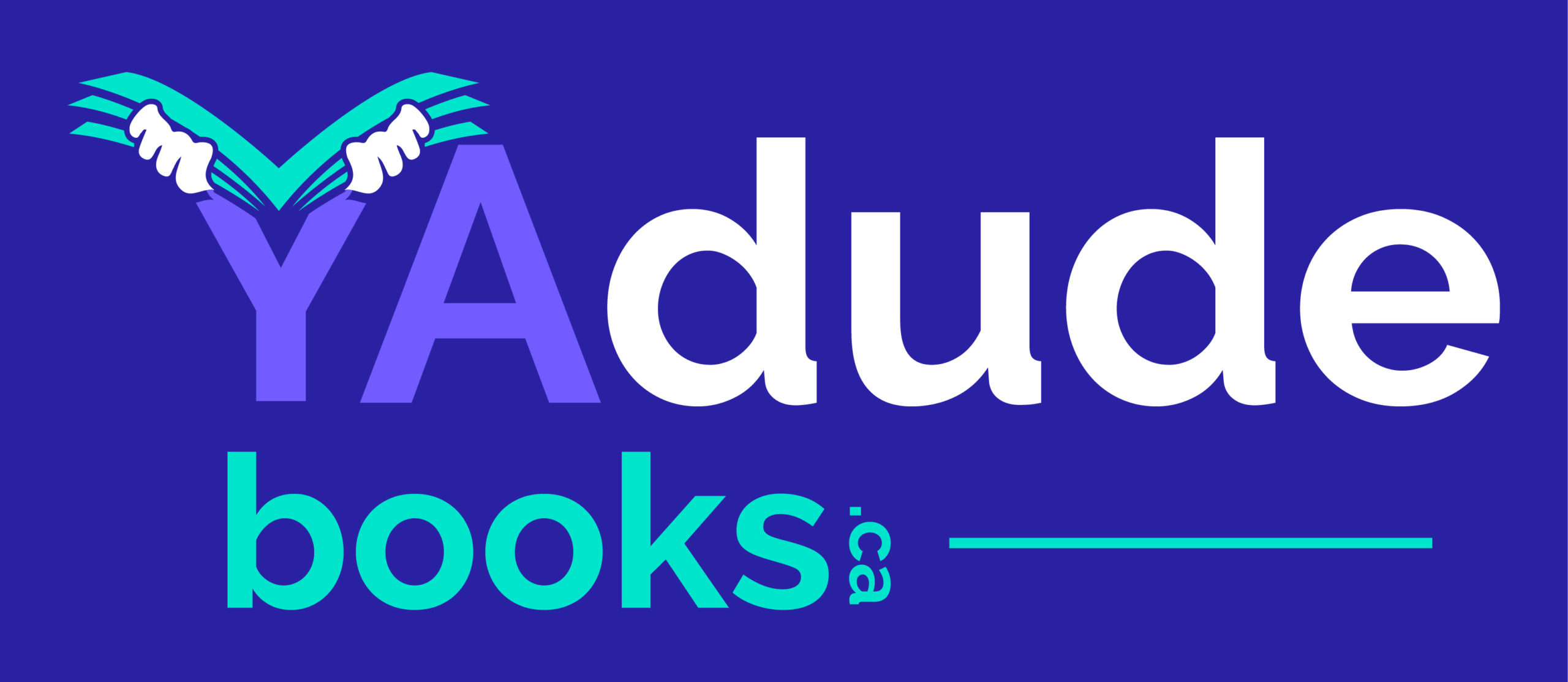Peter J. Stavros is an award-winning author and playwright whose debut young-adult novel comes out in August 2024 (The Thing About My Uncle, BHC Press). He is also author of the young-adult basketball novella Tryouts. A licensed attorney, former reporter for the Associated Press and one-time gospel radio DJ, he earned a BA in English from Duke University, where he received the prestigious Newman Ivey White Award for Fiction, and studied creative writing on a graduate level at Emerson College and Harvard University. He has published short story collections, creative non-fiction and essays, and his plays have been performed across the country and as far away as Zambia. Originally from Queens, New York, he lives in Louisville, Kentucky with his wife..
Q: Given the many genres in which you’ve written, tell us what inspired you to try young-adult fiction recently?
A: After I wrote Tryouts—this first-person account of a high school freshman’s quest to make the varsity basketball team—the voice of the narrator, with his honesty and authenticity, stuck with me. When I decided that I wanted to write a thriller, I hadn’t considered that it would be YA until I thought of that character from Tryouts, and I developed him into Rhett, the protagonist in The Thing About My Uncle.
Q: What aspects of writing young adult surprised you or differed sharply from previous projects?
A: I don’t really treat YA writing any differently from my other projects. For me, it all comes down to the characters I’m creating. With Rhett, there’s a certain innocence and awe about him that might not be present in some of the literary fiction I write. Whenever I’m working on a longer piece like a novel, I have to immerse myself in the story, and this can be draining depending on the subject matter. But I always enjoy jumping into the lives of my YA characters. While I worked on Uncle, I couldn’t wait to wake up in the morning to see what was in store for Rhett, and in the evening, I had trouble putting his story away for the night. I’d like to send Rhett—or other YA characters—on more adventures.
Q: You’ve described yourself as a shy teen who gravitated at a young age toward writing and journaling as a way of communicating with people.
A: As a young person, my biggest fear in school was having to get up in front of the class and give a presentation. However, in my English classes, I was always eager to read my writing aloud, whether or not the teacher wanted me to. So in this sense, writing has improved my confidence. It allows my voice to be heard when I might otherwise be too shy to speak up. Writing is also a form of therapy. I often write about things that bother me to help me process them—for instance, like the geese that used to nest in my parking spot at this place where I once worked, and they wouldn’t budge (not one budge!). I ended up writing a comical play about it that seems to have resonated with audiences because I’m apparently not the only person who thinks that geese can be annoyingly aloof.
Q: You seem to have a particular love of sports: kayaking, skateboarding, swimming, running, bicycling, wrestling. Perhaps these help you connect with young people and give you fodder for plots?
A: You left out bouldering, and I’ve promised my wife that I’ll grow up someday (although she insists that I stay off the halfpipe at the skate park!). My love of sports has most certainly helped me connect with my nephew, who’s now in college. We live in different cities but text each other all the time about sports, and especially about Duke basketball, and have done so for quite a while (it seems like he’s always had a cell phone). Although Uncle is a complete work of fiction, I did tap into the vibe he and I have when I was writing some of the interactions between Rhett and Uncle Theo. It’s because of this bond we share that I dedicated the book to him, and I hope that doesn’t embarrass him because we don’t get “corny”—to quote Rhett.
Q: Your fiction has been described as gritty, honest and humorous. What in your background takes you there, and what do you think is needed to reach teen boys in general?
A: I’d like for my readers to be inspired to develop their own creativity—not necessarily in writing, but in whatever they choose to do with their lives—in the same way I’ve been influenced by the authors I’ve read. In looking back on it, I suppose I was always a somewhat pensive kid, and I probably developed my sense of humor as a release from that. It’s interesting, but when I’m in a good mood, feeling cheery, I write my best “gritty” stuff, when I’m comfortable enough to really carve into the emotional bone as it were (is that even a saying?), and when I’m feeling down, I pull myself up by writing something funny, and usually just completely ridiculous, to make me laugh—and hopefully others.
Q: Any particular young-adult authors you admire?
A: : I don’t know if I’d call him a young-adult author, but I’m a big Stephen King fan, and I was particularly moved by The Body. I like this idea of placing young-adult characters into very adult situations and having them work their way out. And talk about someone who writes in many genres. I hope Stephen King reads my book and tweets nice things about it!
– Pam Withers

